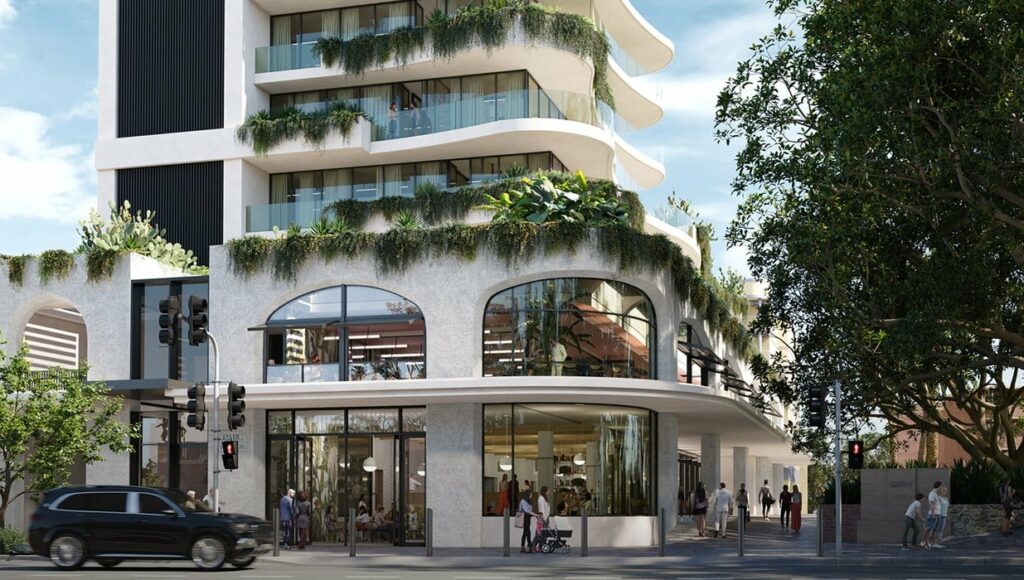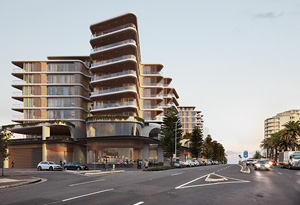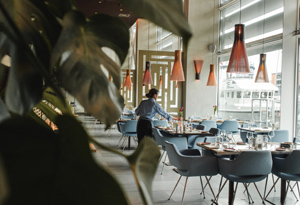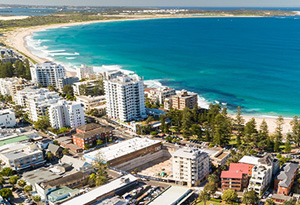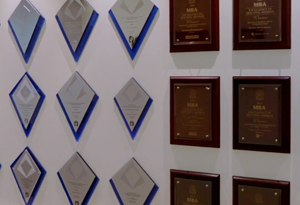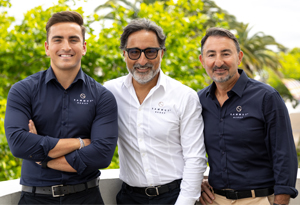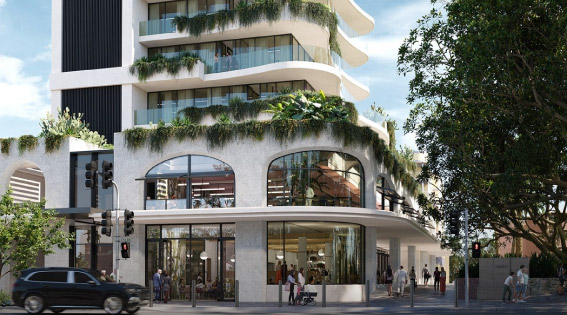Read the published article here
WeWork’s crippling financial woes highlight the challenges of creating alternative workspaces to suit everyone. Launching in New York in 2011, the now multinational company appeared to hit the jackpot with a business model that allowed individuals and businesses to swap traditional (read boring) offices for trendy modern spaces with the benefits of a flexible lease. The lure of a fashionable office address with likeminded souls plus perks like ping pong, climbing walls and prosecco and craft beer on tap was a success. Within years WeWork was valued at a startling $US47 billion. But when management’s behaviour, and most notably that of founder and CEO Adam Neumann, began irking clients and investors, WeWork’s fortunes went into freefall. This month another bombshell dropped when the company announced there were serious doubts it could stay in business for the next 12 months and may file for Chapter 11 bankruptcy protection.
Onward and (hopefully) upward
WeWork still employs close to 4000 people around the world and runs 610 locations across 33 countries. For now, at least, its forging ahead. Interim CEO David Tolley indicated in a statement that the company was facing problems head-on, tackling high member turnover and financial losses by negotiating better lease arrangements and taking “a disciplined approach to reducing operating costs”. According to the BBC, WeWork’s occupancy rates are about 75% and losses amounted to $US2.3 billion last year compared to $4.6 billion the previous year.
Meanwhile, WeWork’s competitors here and overseas remain upbeat about the future. Providers of flexible space and serviced offices point to the vacancy crisis affecting mainstream office buildings and the rise of hybrid work as the reason they will be increasingly popular. Different styles of flexible space and office developments are also emerging.
Small luxuries
In Sydney, developers are finding a growing niche market for medium-sized premium office spaces in major suburban hubs. The Sammut Group released the PARC development in Cronulla_Construction where all five floors of luxury commercial space sold out in three weeks when the project was launched in May 2022.
Sammut Group has had similar success with the mixed-use development VUE. Also in Cronulla, all but four of the complex’s commercial suites have been snapped up by business owners in such fields as conveyancing, law and other professional services. The remaining suites range in size from 100 sqm to 200sqm and one comes with a 62 sqm outdoor terrace. Prices start at $1.7 million up to $3.65 million, between $17,000 to $19,000 per sqm.’
WFH a novelty no more
Developers say demand for luxe business addresses “in the ‘burbs” is sparked by a shift away from working from home to “working from your hometown” – the novelty of WFH wearing off while the reluctance to return to long city commutes remains. Analysts here and overseas are seeing people ‘come down from their work-from-home’ highs and craving more social environments.
“The sales of our premium luxury offices are actually lifestyle transactions,” said Luke Barbuto, Highland Head of Project Marketing for Highland which marketed PARC and now VUE. “When I buy one of these, if I want to go for a surf in my lunchtime or my staff do, we can. These properties are pitched at those who want the congeniality of a suburban lifestyle where they work as opposed to being in the city.” Similar boutique office spaces are cropping up in places like Double Bay in Sydney’s east and Manly on the northern beaches.
Mr Barbuto said purchasers in both VUE and PARC have been local successful businesspeople and professional HNWI who no longer want or need to endure lengthy city commutes but require being in a prestige space due to the nature of their work. “The conveyancer for instance who bought one of the VUE suites wanted to be able to head off in the morning to a brand-new office close to home so he could spend more time with his family and not waste hours a week travelling,” Mr Barbuto said.
“The other influencing factor here is the difficulty in attracting good staff. Buying a shiny new modern office in a pleasant environment such as Cronulla where you’re close to the beach, train station and shopping malls makes it a lot easier to attract staff.”
Build it and they will come
With hybrid work not going anywhere, cafes, libraries and even gyms are filled with those who want to both avoid the formal office as well as the one they have made at home. In the United States, gyms have nipped the problem of people working in locker rooms and foyers by adding desks for hire or building dedicated co-working spaces. The Wall Street Journal this week reported that a luxury health club in Chicago added 9000 square feet of co-working space in June. Not simply desks either, but two conference rooms fitted with Zoom cameras and large television screens. The Brooklyn location of mega fitness chain Chelsea Piers has added 4000 square feet of co-working space with luxury features like long marble tables, a grand fireplace and privacy booths. Co-working tables and other features will soon be added to the chain’s other franchises around Manhattan, as managers’ report members comfortably spending their days at the gyms, taking exercise classes, hitting the café or having a massage in between calls, meetings and work.
